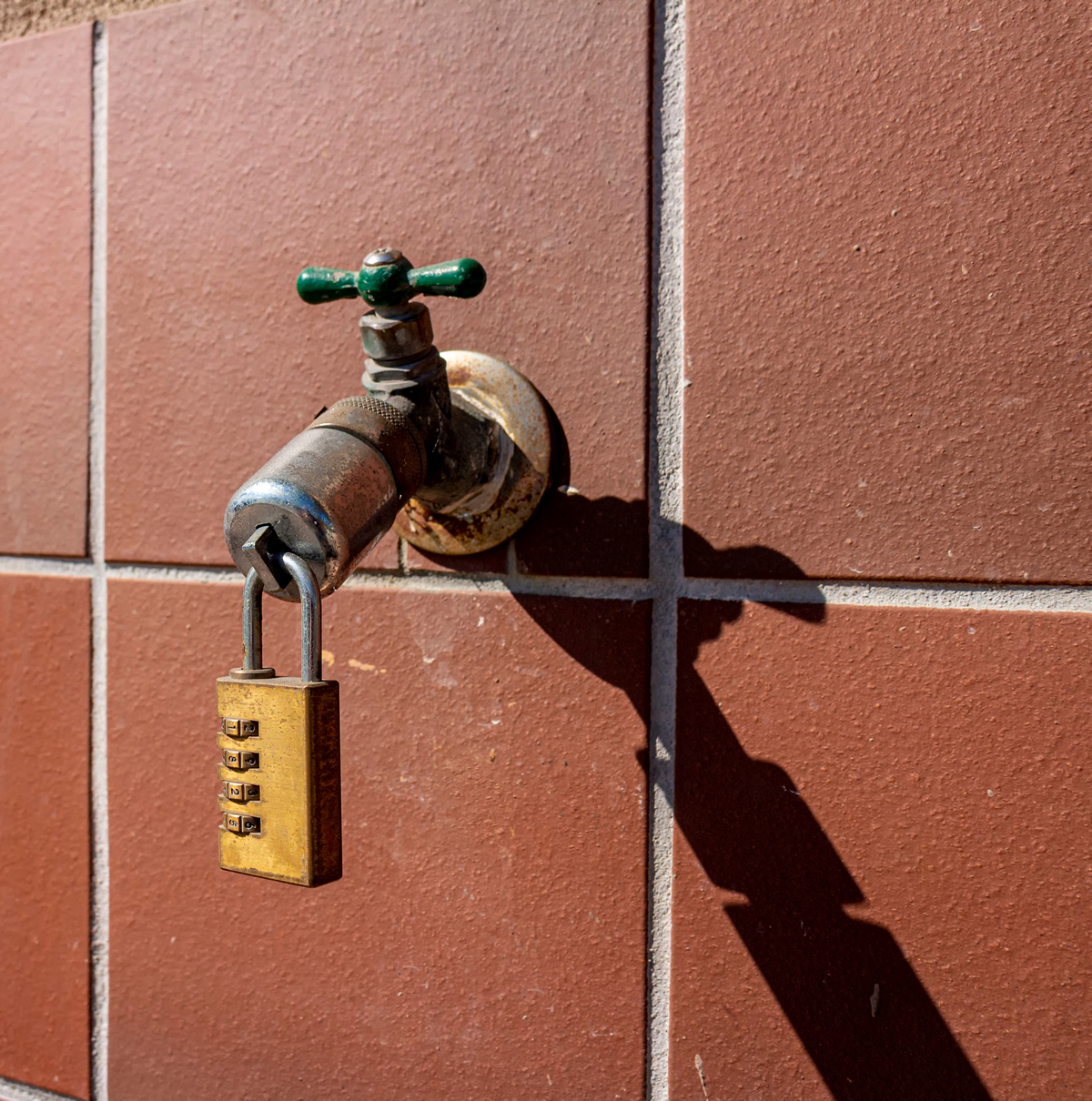Why human rights?

Why Human Rights?
Human rights are universal. Whatever your nationality, wherever you live – whether on the streets, in prison, or a refugee camp – water and sanitation are your human rights.
On 28 July 2010, the United Nations explicitly recognised safe water and sanitation as a standalone human right. In 2015, 193 countries strengthened their commitment to realising universal access to safe water and sanitation by 2030 when they adopted UN Sustainable Development Goal 6 (SDG 6).
Human rights offer a legal framework for holding governments accountable. As rights-holders, people have the power to challenge the denial of these rights. As duty-bearers, governments are obliged to respect, protect and fulfil human rights:
The obligation to respect means governments must create an enabling environment for people to enjoy their rights to safe water and sanitation. States must not take action that prevents people from realising their rights to water or sanitation, such as unduly disconnecting households, schools or public facilities from water and sanitation services.
The obligation to protect means governments must prevent third parties infringing upon the rights of people to safe water supply and sanitation services. It is the duty of the state to hold private companies to account should they violate people’s rights to water and sanitation.
The obligation to fulfil means governments must enact policies, laws and provide funding to progressively realise the human rights to safe water and sanitation services.
At least 50 countries have embedded the right to water in their national laws and constitutions to date. The rights to water and sanitation are also connected to other human rights, including the right to life, equality, health and a healthy, sustainable environment, which was formally recognised as a right in October 2021.
